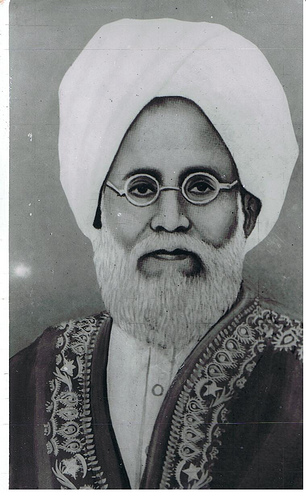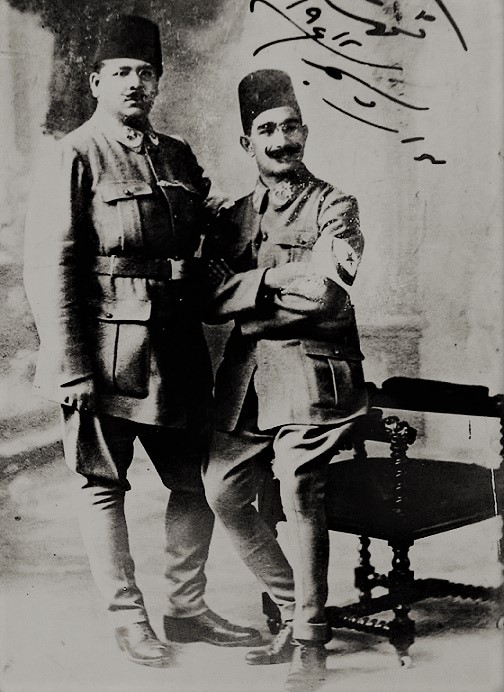Allama Shibli's Love of Turkish Warriors
Allama Shibli’s biographer, the illustrious Maulana Syed Sulaiman Nadwi, faithfully documents many interesting anecdotes from Shibli’s life which he had the privilege to view from close quarters being one of his favourite students.
The following incident is taken from the Hayat-e-Shibli (Life of Shibli):
I can distinctly recollect an unforgettable incident that transpired during those days. It was around 8 or 9 one night when Allama Shibli sent me and some senior students a note asking us to see him. Our first thoughts were that something important may have come up, for which he summoned us at this unusual hour. We proceeded to Allama’s residence in right earnest, to find him calmly lying on the mat. In front of him was a lamp, and strewn around him were Arabic newspapers. Looking at us, he said: “I am overjoyed! Did you hear that the Arabic newspapers have reported that Enver Bey and his companions have announced that they are resigning from their posts in Turkey, and moving to Tripoli to establish a new government? This news delighted me so much and I wanted to laugh to my heart’s content; but, did not want to laugh alone. Hence, I beckoned your presence.” So saying, he reached for the chest of drawers, took out some rupees and asked a servant to fetch sweets from the market. This assembly of mirth and joy lasted for quite some time, despite the Maulana’s sleep deadline of 9 PM which he usually followed very strictly.
Allama Shibli and the Indian Medical Mission to Turkey
Allama Shibli was devoted to helping the Turkish nation is whatever way he could. And, if he found anyone coming forth to support the Turkish cause, especially during their battles with inimical Western forces, he would cherish and honour these individuals. Here is one incident from his biography which vividly illustrates his deep commitment to helping the Turks:
Resulting from the efforts of Maulana Mohammed Ali Jauhar, a medical mission under the stewardship of Dr. Mukhtar Ahmed Ansari, was sent in November 1912, to the war-front in Turkey to assist injured soldiers and other casualties.
Most of the young men who joined the mission were then pursuing their studies in the Aligarh College (Aligarh Muslim University as it is now known). Such was their attachment to the cause of the Turks that they put their educational pursuits on hold, to be part of the noble medical mission to help their Muslim brethren in Turkey.
Dr. Syed Abdur Rahman, currently medical officer in Bhopal, had just completed his medical education in England. He joined the mission in Constantinople directly from England. Similarly, Dr. Naeem Ansari, too, joined the mission in Constantinople straight from England.
The entire expenses of the medical mission including cost of medicines and equipment, was fully funded by Indian Muslims. This was, incidentally, the first major contribution to their Turkish brethren from Indian Muslims.
Dr. Mukhtar Ahmed Ansari, (see image in the left column showing Maulana Muhammad Ali Jauhar left standing next to Dr Mukhtar Ahmed Ansari.) who had served in various hospitals in London was in India on a visit. He was selected to lead the mission.
There was a big age gap between Dr. Ansari and the Mawlana: the former was young, while the latter had stepped into old age. Despite this difference in age, my eyes witnessed a moving scene at the Lucknow railway station, when Dr. Ansari was leaving to Delhi en route to Constantinople. Many local dignitaries had also come to see him of. Dr. Ansari was standing at the door of the railway compartment. Mawlana Shibli was standing on the platform, looking up to him. Just as it was time to say the final goodbyes, the head of this great scholar, that had refused to bow before powerful tyrants, bent down and kissed the boots of Dr. Ansari. Tears of joy cleaned the dust of the boots. The train moved on, taking with it precious jewels of Islamic honour and dignity



Leave A Comment